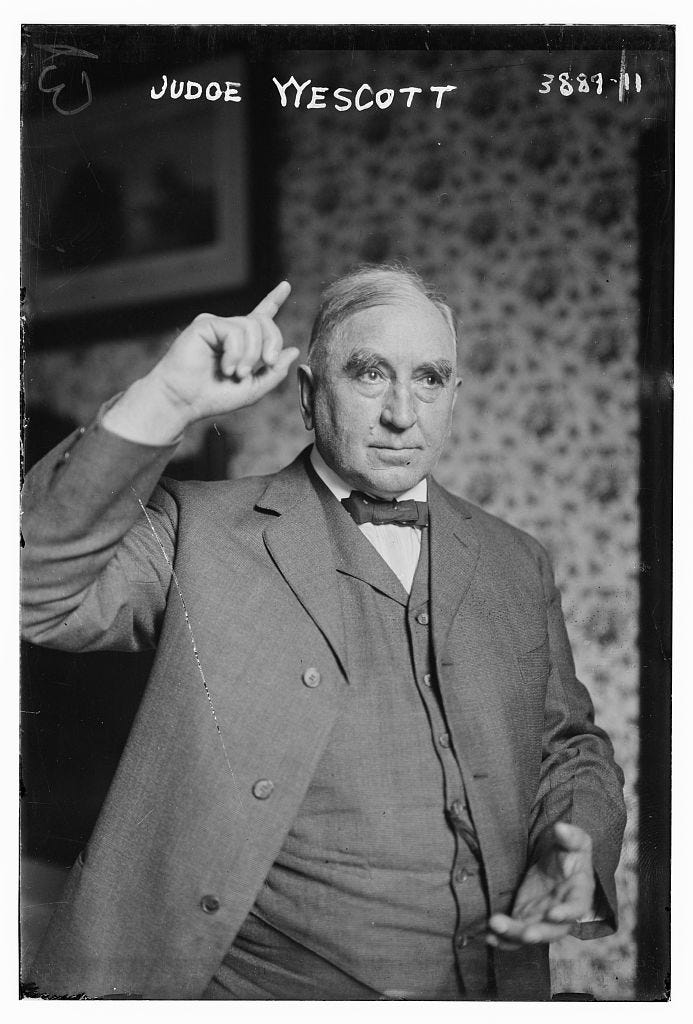Who Made Me a Judge?
A New Commentary on Luke 12:13-14
“…if Jesus refuses to be the judge maybe I should too.”
“Do you support the Palestinians or the Israelis?” “Do you believe the U.S. should be sending money to Ukraine in their fight against Russia?” “Who do you support in the upcoming debate, Gavin Newsom or Ron De Santis? We should have an opinion on each of these issues no matter how much or little we …



